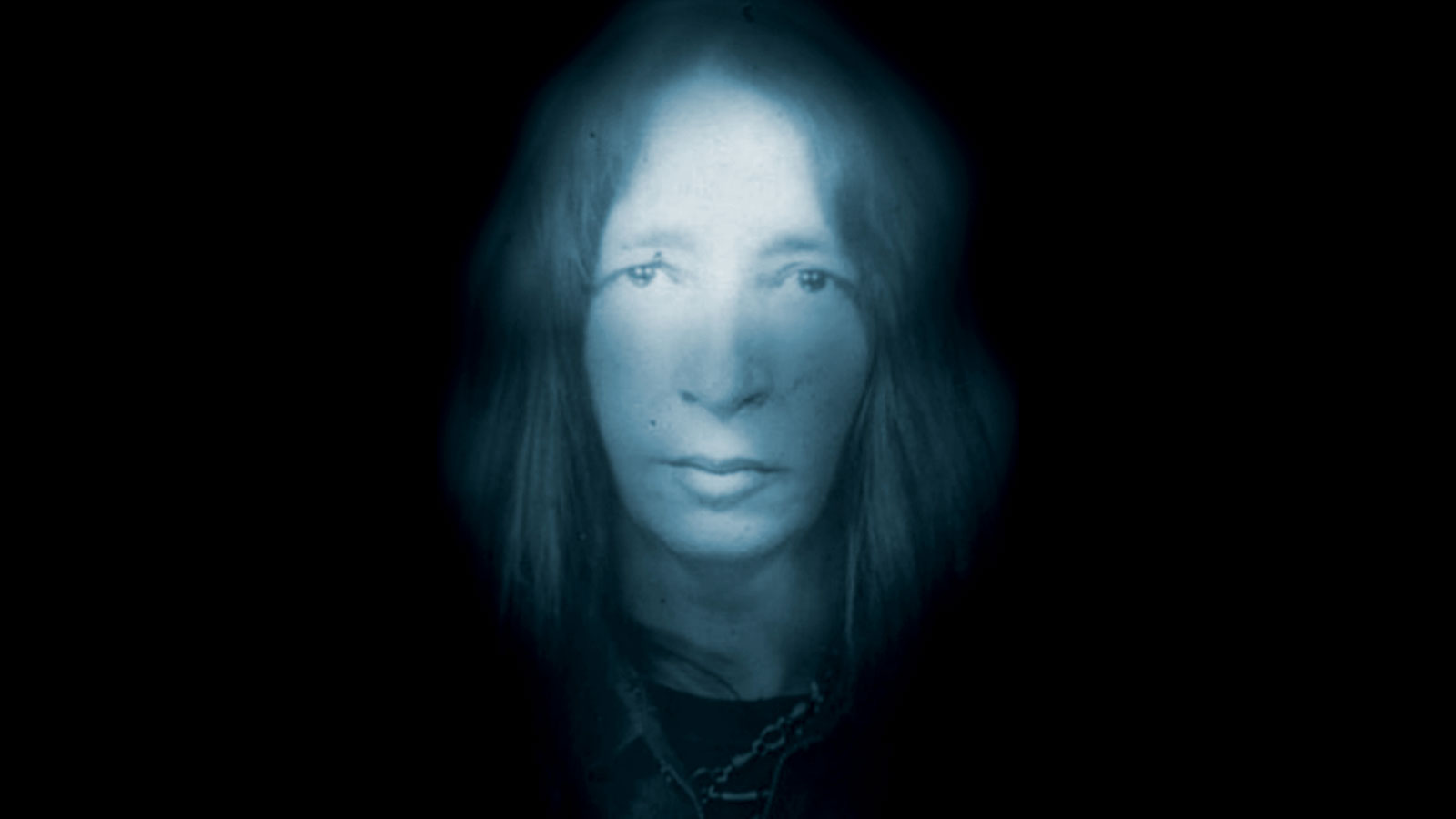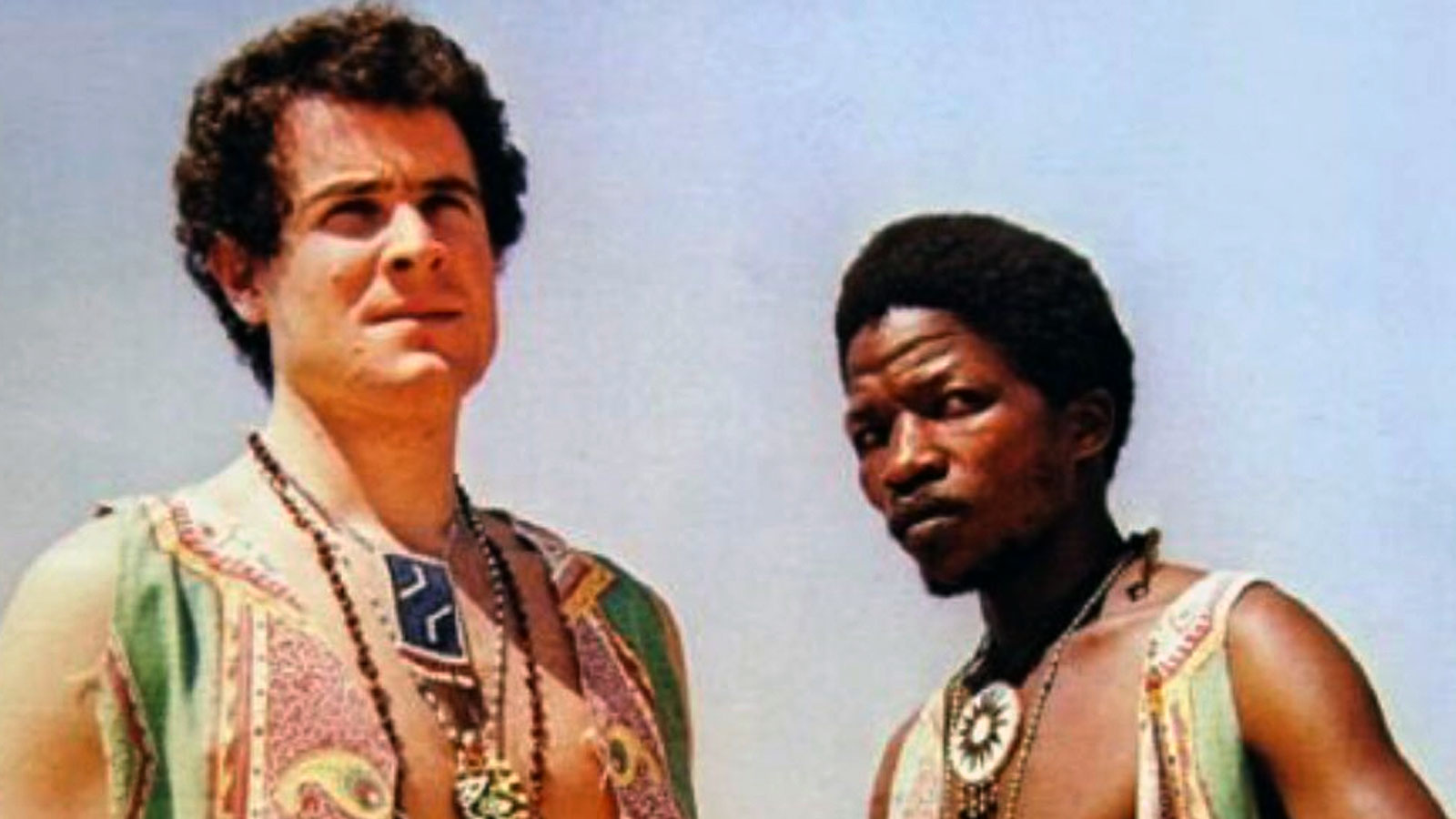Durban-based singer-songwriter who has released three EPs: Take What You Want, Do As You Please (2019), To Have, Not Just To Hold (2020), Cups And Balloons (2020).
Julian Laxton Band
Formed by Julian Laxton in the mid-1970s it was always a studio project
more than a formal band with a fixed lineup which toured. Julian Laxton was initially guitarist with Freedom’s Children and Hawk (in both of these instances he was not one of the original members).
The Julian Laxton Band released one album, Celebrate, in 1977 and several singles which all received radio play on the SABC. These included “Celebrate” (1976), “Blue Water” (1976), “Fooled Around and Fell in Love (1977), “Down The Line” (1977) and “Make A Stand For Love” (1981).
Over the years the Julian Laxton Band included the vocalists Eugene Savage (1976), John Weddepohl (1977), Frankie Gibb (1978), Ronnie Padlas (1980), Cedric Samson (1980) and Huey Bush (1981). Bass guitarists included Trevor Rabin, Ronnie Robot and John Hawkrigg, drummers included Neil Cloud,
Kevin Kruger and Larry Friedburg while keyboard players included and Alan Goldswain and Arthur Stead. The Stockley Sisters and Patrick Van Blerk occasionally featured as backing vocalists.
After 1981 he focused more strongly on film music, writing the very successful theme music for the Shaka Zulu television series, the theme song of which (“We Are Growing” [1986] performed by Margaret Singana) charted in European countries despite the cultural boycott.
He has continued to perform in and around Johannesburg and work as a producer for the likes of Lucky Dube and Mango Groove.
Juluka
Formed by young friends Johnny Clegg and Sipho Mchunu in the 1970s. An
exploration of Zulu culture was a trademark of the band who built up a strong following among both black and white audiences in South Africa.
They released their debut album Universal Men in 1979 and followed this with a series of albums until 1985 when they broke up becasue Mchunu left the group to return to his farm.
Clegg and Mchunu reformed Juluka in 1997, released one further album (Ya vuka inkunzi) and performed gigs together for a few years before once again going their separate ways.




